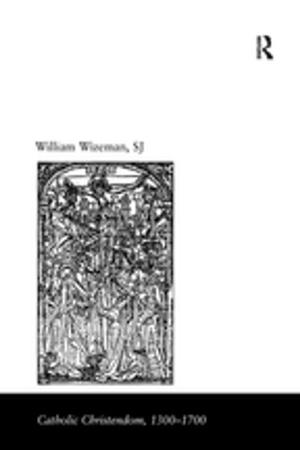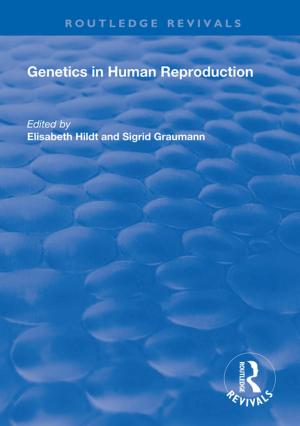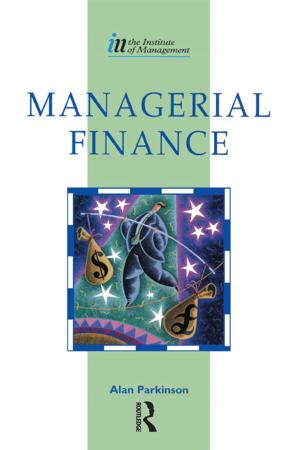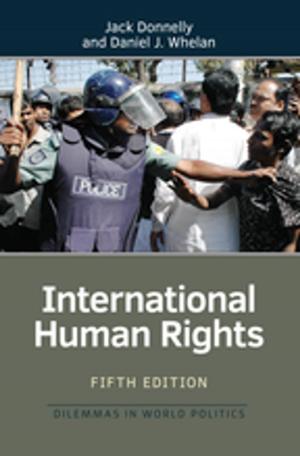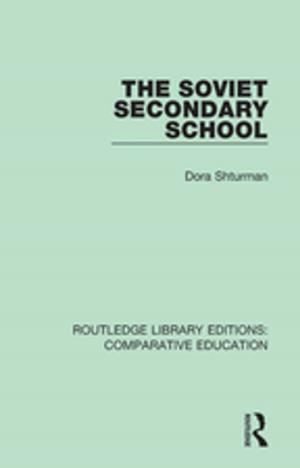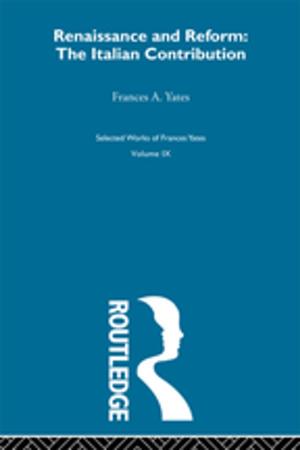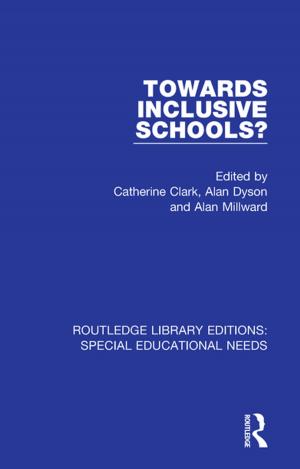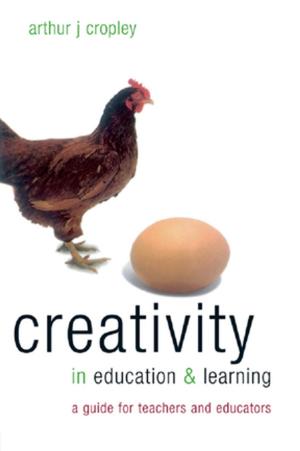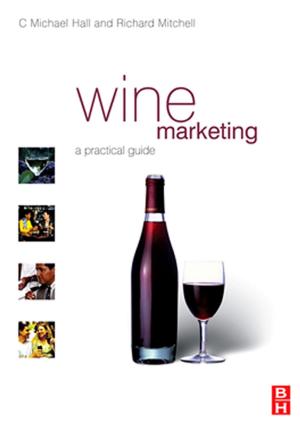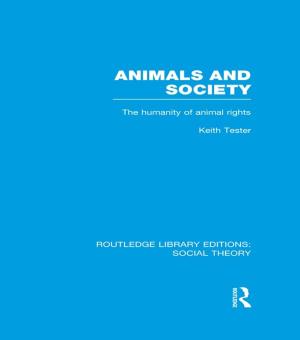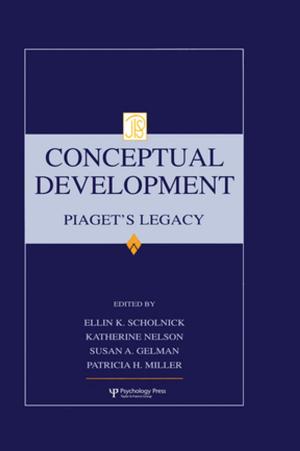Urban Tourism and Development in the Socialist State
Havana during the �pecial Period
Nonfiction, Science & Nature, Science, Earth Sciences, Geography| Author: | Andrea Colantonio | ISBN: | 9781351143547 |
| Publisher: | Taylor and Francis | Publication: | November 30, 2017 |
| Imprint: | Routledge | Language: | English |
| Author: | Andrea Colantonio |
| ISBN: | 9781351143547 |
| Publisher: | Taylor and Francis |
| Publication: | November 30, 2017 |
| Imprint: | Routledge |
| Language: | English |
After the collapse of the Soviet bloc in 1989, Fidel Castro announced the beginning of aSpecial Period for Cuba. During this time, the Cuban government has been obliged to look outward to other economies of the developed world, specifically targeting tourism as a mechanism for economic growth and development. This book examines the role played by international tourism in Cuba‘s institutional and economic restructuring and the country‘s reinsertion into the capitalist world economy. It provides the most comprehensive, in-depth analysis of the economic, social, environmental and political realities which have emerged in Cuba as a result of the redevelopment of urban tourism since the early 1990s. By analyzing the allocation of tourist resources and its impacts, the generation of tourism policy, and the politics of tourism development, it focuses on the political economy of urban tourism in Cuba and the balance of power between domestic and foreign stakeholders involved in the Cuban tourist industry.
After the collapse of the Soviet bloc in 1989, Fidel Castro announced the beginning of aSpecial Period for Cuba. During this time, the Cuban government has been obliged to look outward to other economies of the developed world, specifically targeting tourism as a mechanism for economic growth and development. This book examines the role played by international tourism in Cuba‘s institutional and economic restructuring and the country‘s reinsertion into the capitalist world economy. It provides the most comprehensive, in-depth analysis of the economic, social, environmental and political realities which have emerged in Cuba as a result of the redevelopment of urban tourism since the early 1990s. By analyzing the allocation of tourist resources and its impacts, the generation of tourism policy, and the politics of tourism development, it focuses on the political economy of urban tourism in Cuba and the balance of power between domestic and foreign stakeholders involved in the Cuban tourist industry.

